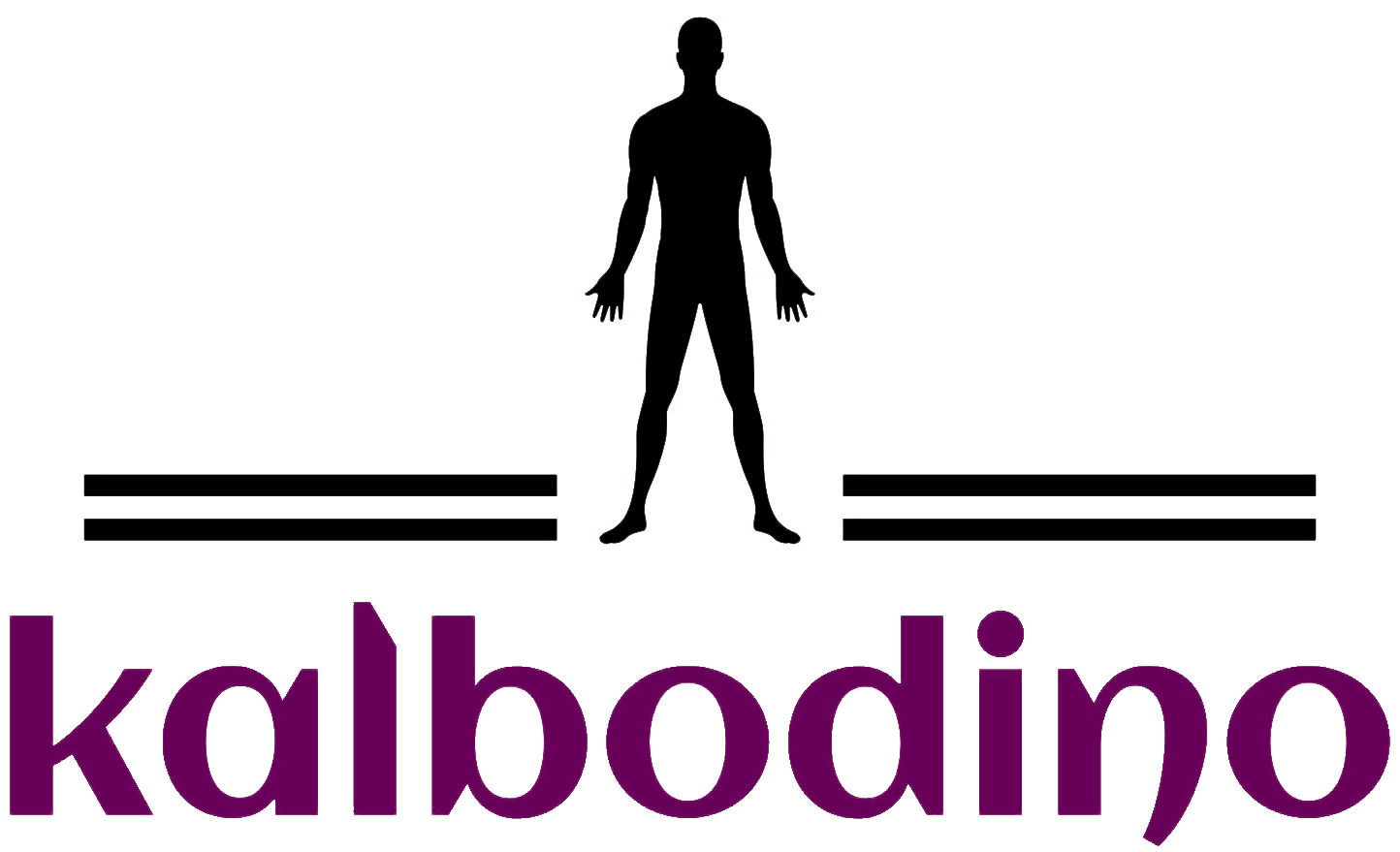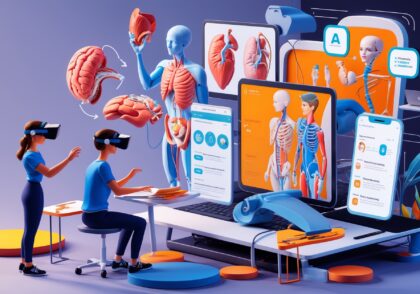Complex systems of the human body
Introduction
The human body is one of the most complex and amazing systems in nature. It is constantly carrying out various processes to maintain life and physical and mental functions. The complexities of the human body are amazingly manifested in the cellular structure, the various systems of the body, and the way they interact with each other. In this article, we will examine the complexities and wonders of the human body and show how these systems work with unparalleled coordination and precision.
Complex systems of the human body
The nervous system: the body’s command center
The human nervous system is one of the most complex and sensitive systems in the body, responsible for sending and receiving messages between the brain and the rest of the body. It consists of the brain, spinal cord, and a vast network of nerves that constantly process and send information to different parts of the body. The precise and coordinated functioning of this system is vital in controlling movement, thinking, emotions, and many other processes.
Components of the nervous system:
-
- Brain: The center of information processing and decision-making.
- Spinal cord: The communication pathway between the brain and the rest of the body.
- Nerves: Send messages throughout the body.
Circulatory system: the pump of life
The circulatory system is one of the vital systems of the body that pumps blood through the heart to all organs and tissues. This system includes the heart, blood vessels (arteries, veins, and capillaries), and is responsible for supplying oxygen and nutrients to the cells and removing waste products from the body. Without the circulatory system, the functioning of other body systems would be impaired.
Components of the circulatory system:
-
- Heart: The main blood pump.
- Arteries: Transport blood from the heart to other parts of the body.
- Capillaries: Transport nutrients and oxygen to cells.
Miracles of the immune system
Immune system: The body’s defense against disease
The immune system is another marvel of the human body, intricately designed to protect the body from pathogens. It includes different layers of defense, such as the skin, mucous membranes, white blood cells, and antibodies, each of which acts specifically against different threats.
How the immune system works:
-
- White blood cells: Identify and destroy invaders.
- Antibodies: Attack bacteria and viruses.
- Inflammatory response: The body’s reaction to injury and infection.
Immune memory and vaccination
One of the interesting features of the immune system is immunological memory. After exposure to a pathogen, the immune system has the ability to remember it and respond more quickly to it if it is exposed again. This forms the basis of vaccination, which helps the body protect itself from specific diseases in the future.
Safety memory features:
-
- Formation of antibodies: Fighting pathogens.
- Faster recall in the face of diseases: faster response to similar threats.
The Reproductive System: The Miracle of Life
The complexities of the reproductive process
The human reproductive process is a biological miracle that involves complex steps including fertilization, embryonic development, and birth. In this process, thousands of cells and hormones work with great precision to form a new being. This system not only involves the reproductive system, but is also influenced by hormones, genes, and the immune system.
Stages of reproduction:
-
- Fertilization: The union of male and female sex cells.
- Fetal development: The development of the fetus in the womb.
- Birth: The process of childbirth and the birth of a baby.
Reproduction and hormonal regulation
Reproduction in the human body is influenced by a hormonal system that controls various processes, including puberty, ovulation, pregnancy, and childbirth. These hormones are intricately interconnected and create a precise balance for the proper functioning of the reproductive system.
Hormones and their effects:
-
- Estrogen and progesterone: regulate menstruation and pregnancy.
- Testosterone: Effects on male reproduction.
Digestive system: converting food into energy
The process of digestion and absorption of food
The human digestive system is responsible for digesting food and absorbing nutrients. This system includes the mouth, stomach, intestines, and other digestive organs that work together to convert food into energy and substances the body needs. Digestion is accomplished by enzymes and special chemicals in the digestive tract.
Digestion stages:
-
- Mouth and digestive enzymes: Initial breakdown of food.
- Stomach: Further breakdown and start of the absorption process.
- Intestines: Absorb nutrients and transport them into the blood.
Balance of intestinal microbial flora
One of the most fascinating aspects of the human digestive system is the gut microbiota. This microbiota consists of millions of microbes that aid in the digestion of food and play important roles in the immune system and metabolism.
The role of intestinal microbial flora:
-
- Aids in digestion: breaking down complex foods.
- Strengthening the immune system: Preventing infections.
- Metabolic regulation: affecting the body’s metabolic processes.
Conclusion
The human body is a true marvel of complexity and coordination, with various systems interacting to perform vital functions. From the nervous and circulatory systems to the immune and reproductive systems, all of these systems work in amazing harmony to keep the human body functioning efficiently and optimally. The complexities of the human body continue to be a challenge and a mystery to scientists and doctors, but at the same time, its miracles, especially in maintaining health and proper functioning of the body, are undeniable.







Leave a Reply
You must be logged in to post a comment.